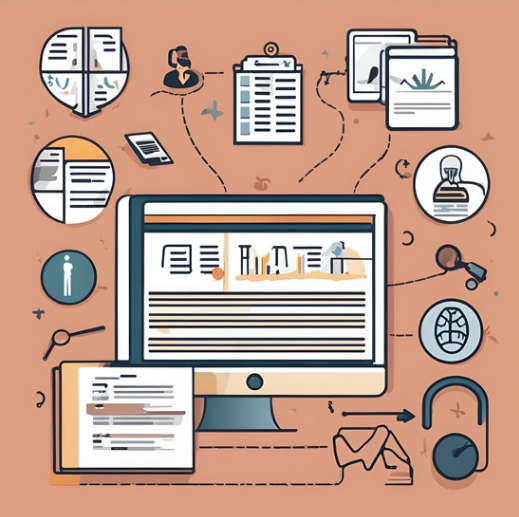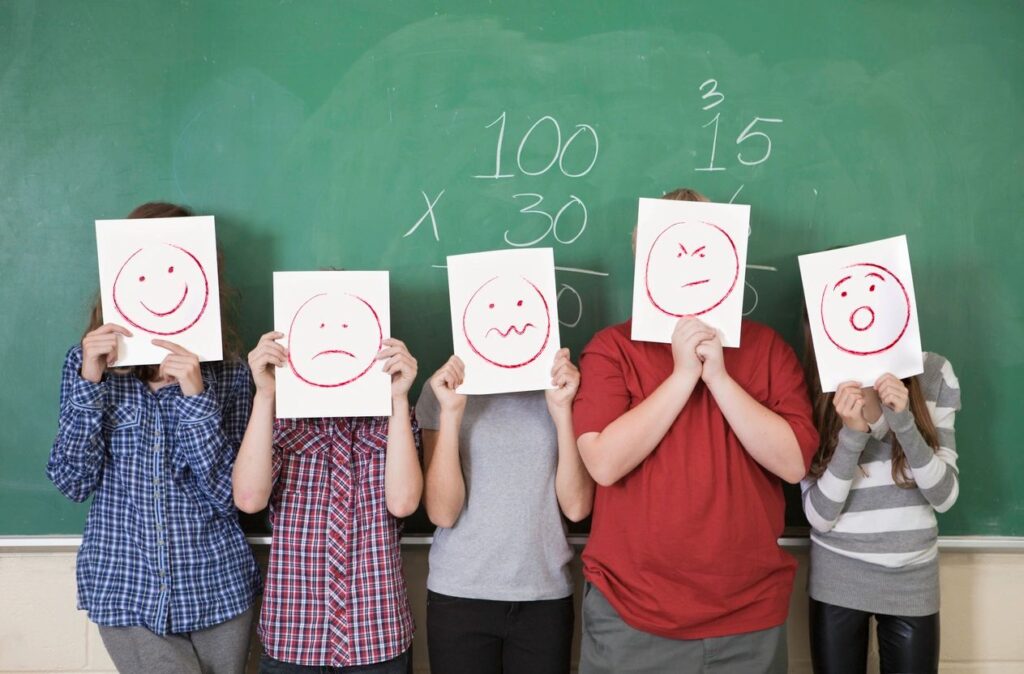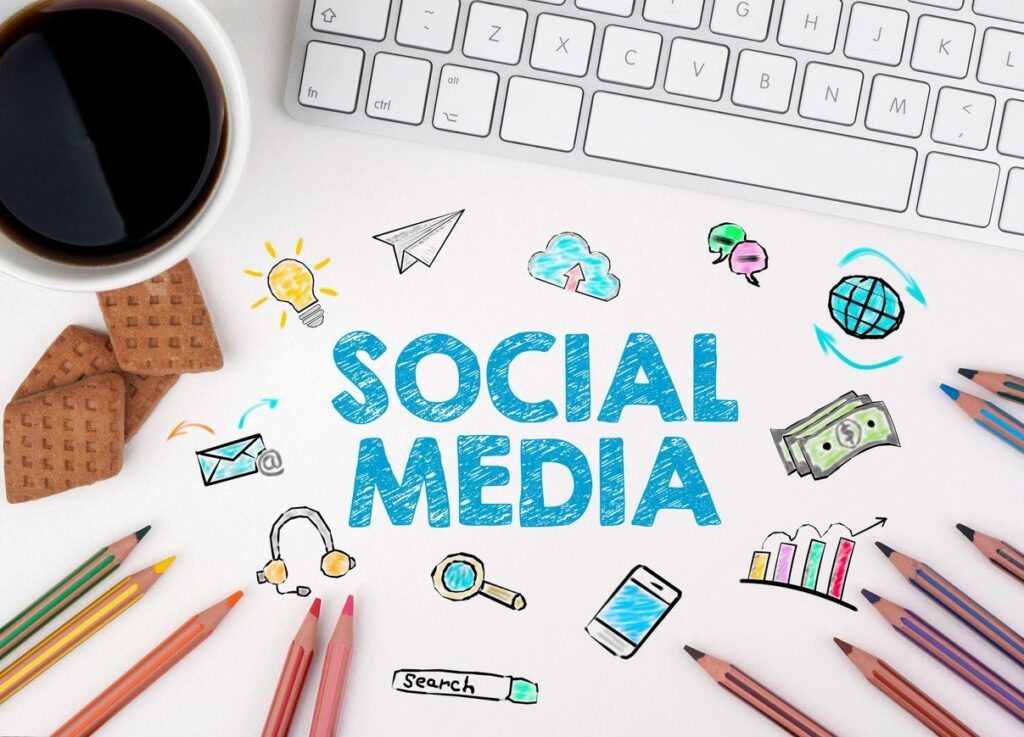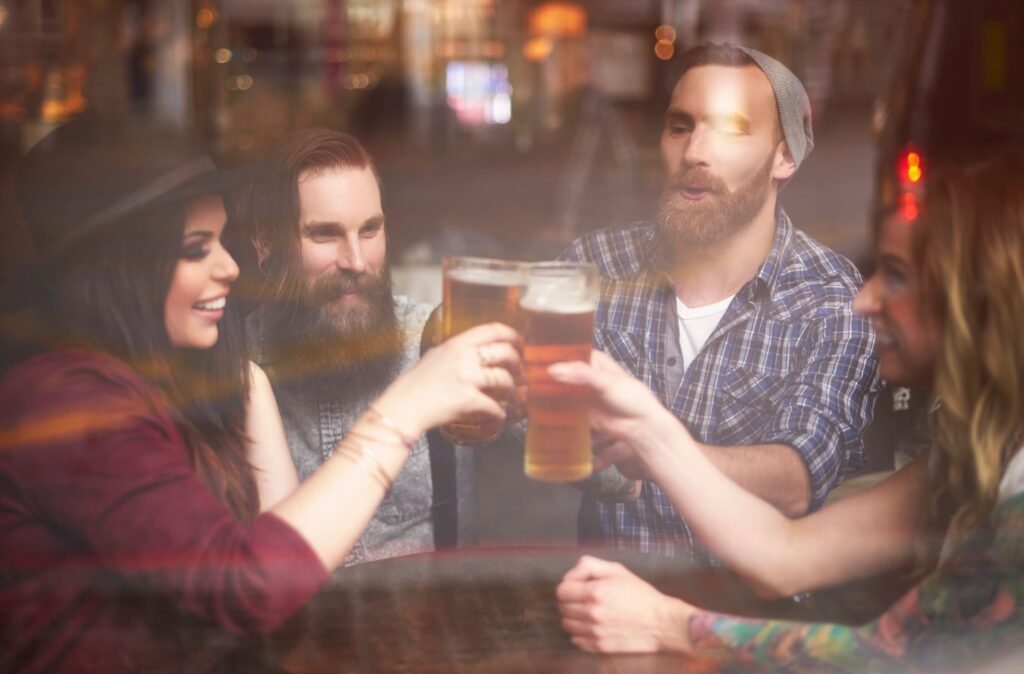Emotion-Affective Psychology
Psychology, Mental Health, and Well-Being Handouts, Worksheets, and Infographics
ADDRESSING 3D WorksheetThe ADDRESSING Model, developed by Pamela Hays, helps people understand important social identities and how they influence us. This worksheet focuses on identifying how various cultural and social identities influence us in three dimensions – our sense of self, how …Read more
Read MoreWe are More Lonely than Ever. Find out Why and How to Counter It.
We are more connected and more lonely than ever. And this seems to be true across sex, age, race, and income. The COVID-19 pandemic has played a significant role in fostering disconnection among individuals, leading many of us to be less inclined to re-engage socially at the same level as before. Loneliness doesn’t typically travel…
Read MoreNight-Owl Teens Might Be Angrier
Psychologists that research people’s “chronotypes,” or their propensities to go to bed at different times, have found that early and late risers tend to differ in a variety of ways. In many cases, the findings haven’t exactly been good news for night owls. Studies have suggested that night owls are more likely to have emotional…
Read MoreHaving Many Possible Activities Nearby Can Increase Boredom
Boredom is an emotion that can be as much about what you aren’t doing as what you are. We tend to think that the less we do, the more bored we get. But a new study published in the journal Cognition and Emotion suggests an alternative interpretation: the more we don’t do, the more bored…
Read MoreFive Hours of Sleep a Night Biases People Toward Negative Interpretations
We all know that nothing good comes from cutting sleep out of your life. First, there are the cognitive effects. Sleep deprivation influences people’s performance in ways similar to alcohol consumption, which is what makes drowsy driving similarly dangerous to drunk driving. Then there’s the simple feeling of tiredness, having to get through the day…
Read MoreThe Tweets That Go With a Quarter-Life Crisis
From getting married to buying homes, millennials are accused of doing everything later. But that’s not true when it comes to having life crises. As the rise of the term “quarter-life” crisis suggests, having life crises is something millennials seem willing to do early and often. So what do you do when you want to…
Read MoreWhen You See Your Own Emotions in Other People’s Faces
Sometimes our perceptions of others tell us more about ourselves. That can be true in how we interpret other people’s motivations, for example, and a newly published study suggests it can even be true in how we read people’s facial expressions. In the study, researchers in Germany asked 50 participants to interpret pictures of people…
Read MoreWorking Memory Training Might Help With Regulating Emotions
Working memory is a type of memory that, well, does a lot of work. It’s the type of memory you use when you’re doing a task and you need to keep relevant information in your mind. Needing to keep information in your mind is, of course, something that happens frequently in a wide variety of…
Read More2 Reasons Self-Control and Forgiveness Go Hand-in-Hand
Forgive and forget? Easier said than done, but also easier to do if you have high levels of self-control, it turns out. Previous psychology studies have repeatedly pointed to a link between people’s levels of self-control and their capacity for forgiveness. That link appears to be especially strong when “forgiveness” is seen in terms of…
Read MorePeople With “Dark Triad” Personality Traits Aren’t Necessarily Emotionally Cold
You might suspect that people who engage in callous or manipulative behavior would tend to be emotionally colder. Intuitively, that could even be a plausible explanation as to why those individuals would be more likely to treat others poorly. A new study suggests, however, that it’s not necessarily the case. For the sake of science,…
Read More









